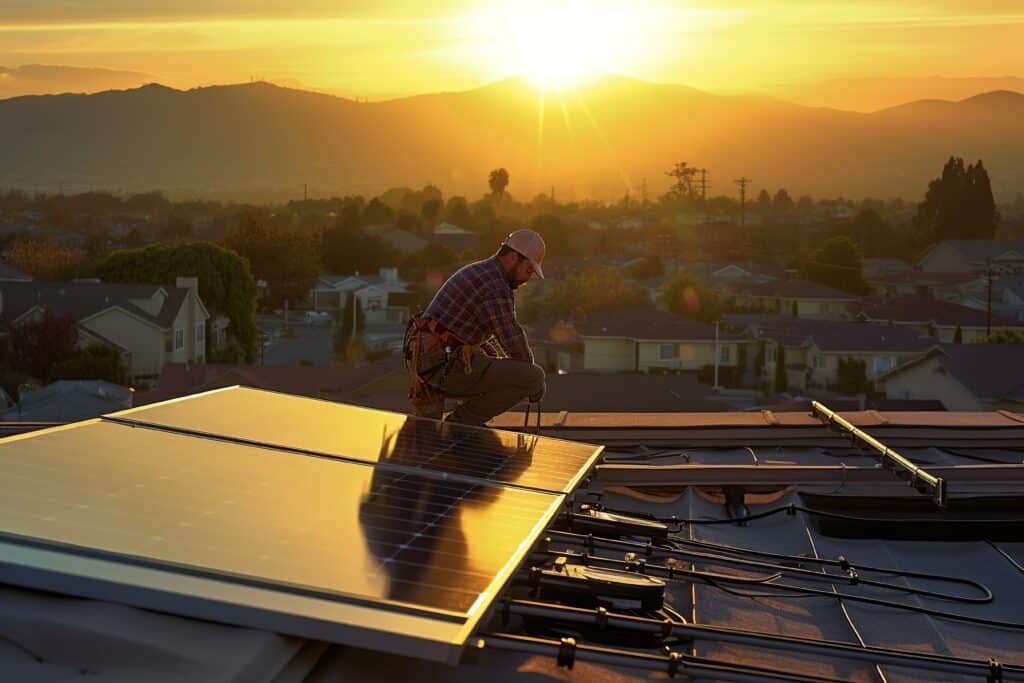The quest for efficient energy production has led to significant advancements in smart solar panel technology. As the world seeks cleaner and more sustainable power sources, the efficiency of solar panels becomes paramount. In this article, we will explore the strategies and innovations aimed at improving the efficiency of smart solar panels, making them more effective in harnessing the power of the sun.
1. Advanced Photovoltaic Materials
Efficiency begins at the heart of a solar panel: its photovoltaic cells. Researchers continuously develop advanced materials to enhance the absorption and conversion of sunlight into electricity. Innovations like perovskite solar cells offer higher efficiency rates and lower manufacturing costs, making solar energy more accessible.
2. Enhanced Light-Capturing Designs
The design of solar panels plays a pivotal role in their efficiency. Engineers are focusing on novel designs that capture more sunlight. This includes bifacial panels that can collect sunlight from both sides, tracking systems that follow the sun’s movement, and concentrator photovoltaics that use lenses to intensify sunlight on small, highly efficient solar cells.
3. Energy Storage Integration
The integration of energy storage systems with smart solar panels improves overall efficiency. By storing excess energy generated during sunny periods, homeowners and businesses can utilize solar power during cloudy days or at night. This seamless integration ensures a consistent and reliable energy supply.
4. Predictive Analytics and AI
Artificial intelligence and predictive analytics are revolutionizing how smart solar panels operate. These technologies analyze data from weather forecasts, energy consumption patterns, and panel performance to optimize energy production in real-time. AI-driven algorithms ensure that solar panels operate at their peak efficiency.
5. Light Management Technologies
Innovations in light management, such as anti-reflective coatings and textured surfaces, reduce energy loss due to reflection and improve light absorption. These technologies enable solar panels to capture a higher percentage of sunlight, especially in diverse lighting conditions.
6. Efficiency Monitoring and Maintenance
Regular monitoring and maintenance are essential for preserving the efficiency of solar panels. IoT (Internet of Things) sensors and data analytics platforms provide real-time performance insights, allowing for proactive maintenance. Ensuring that panels remain clean and free from debris is crucial for optimal efficiency.
Conclusion
Efforts to improve the efficiency of smart solar panels are driving the adoption of clean energy worldwide. Advanced materials, innovative designs, energy storage integration, AI-driven optimization, and meticulous maintenance all contribute to making solar panels more efficient and accessible. As these technologies continue to evolve, smart solar panels will play an increasingly pivotal role in our transition to a sustainable and energy-efficient future.
“In the evolution of smart solar panels, efficiency is the beacon guiding us toward a greener and more sustainable energy landscape.”
Be Smart, Be Solar, Be BrightEra!!.
Send us your information https://bit.ly/BeBrightEraEnergy

